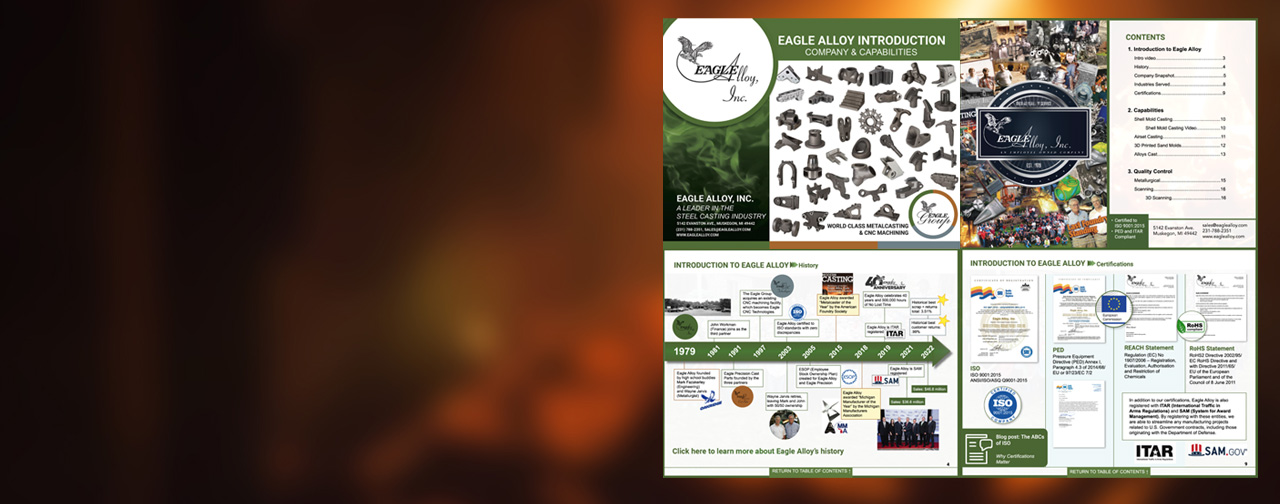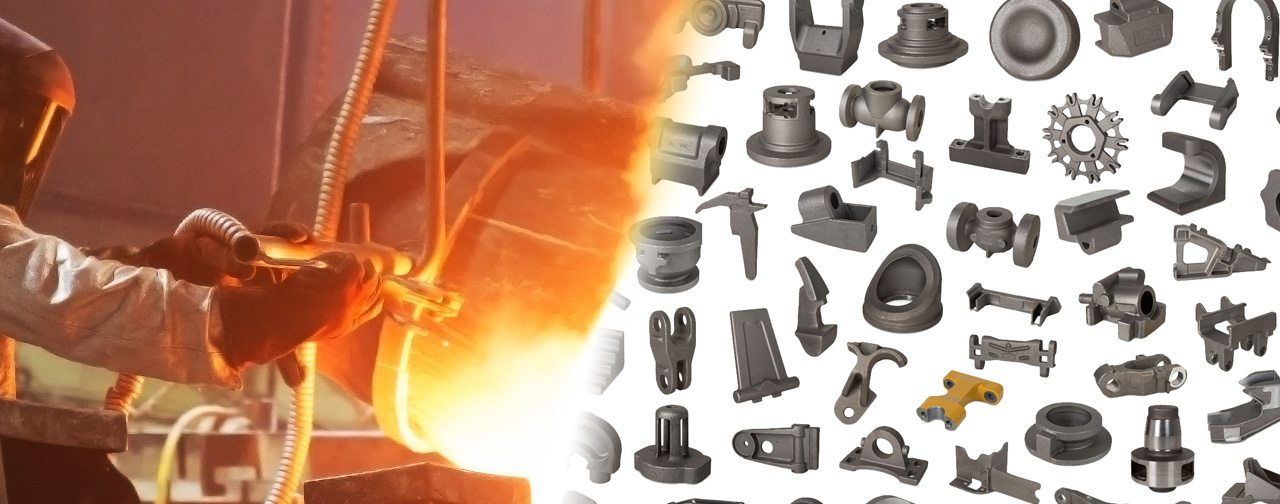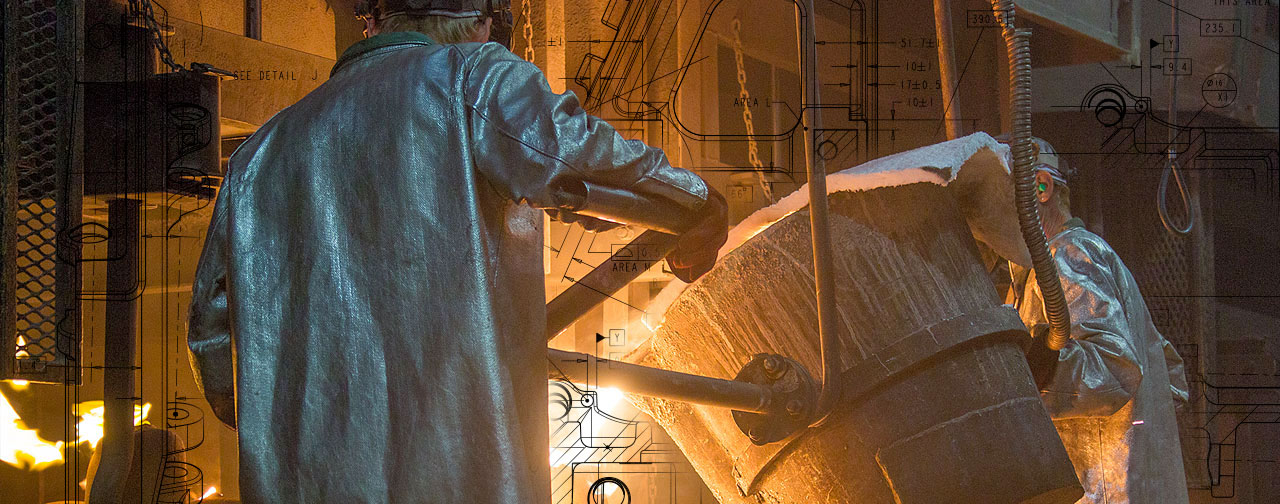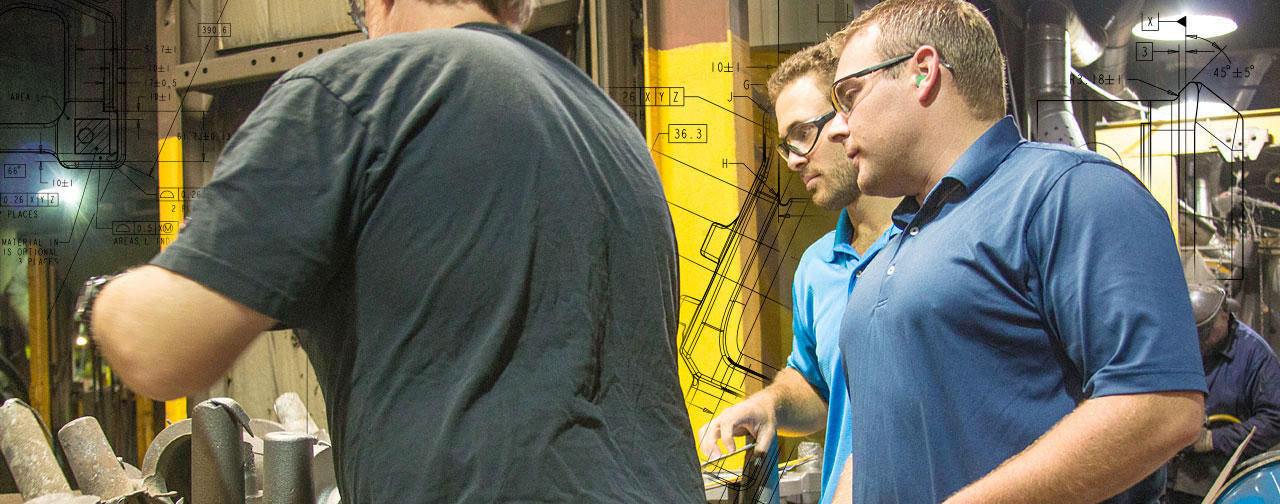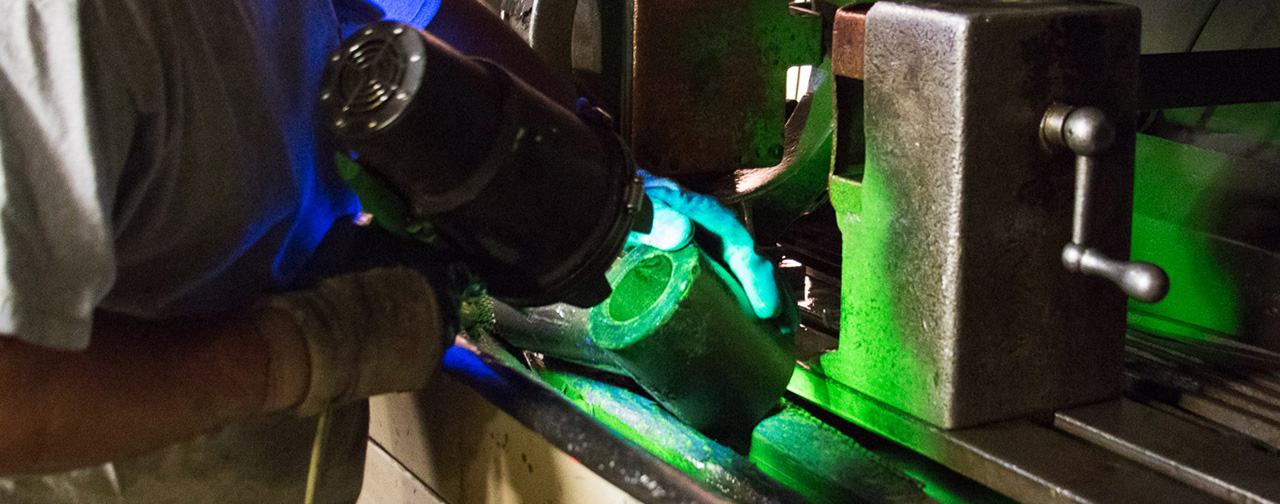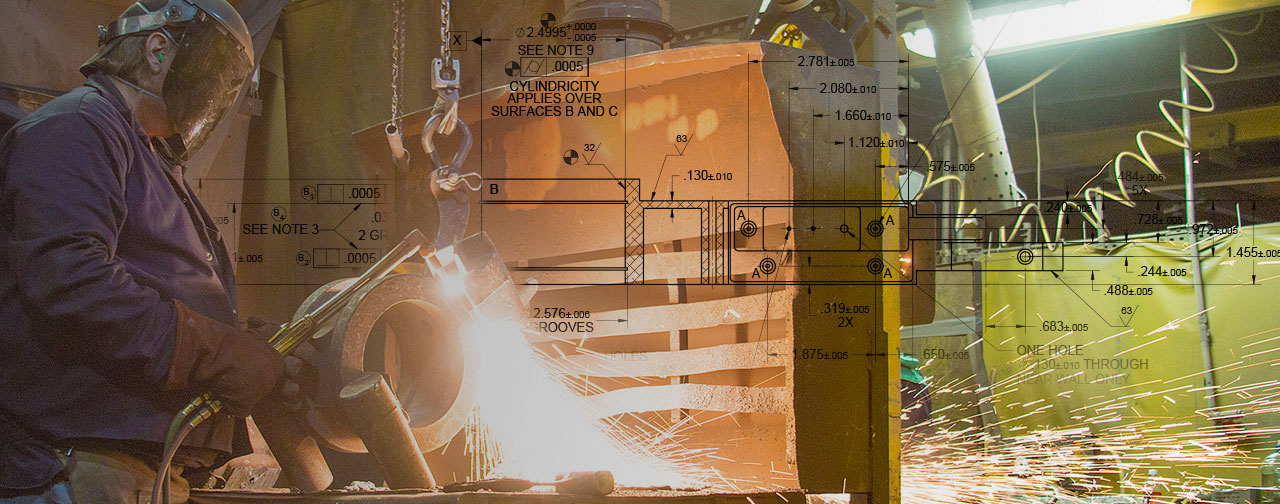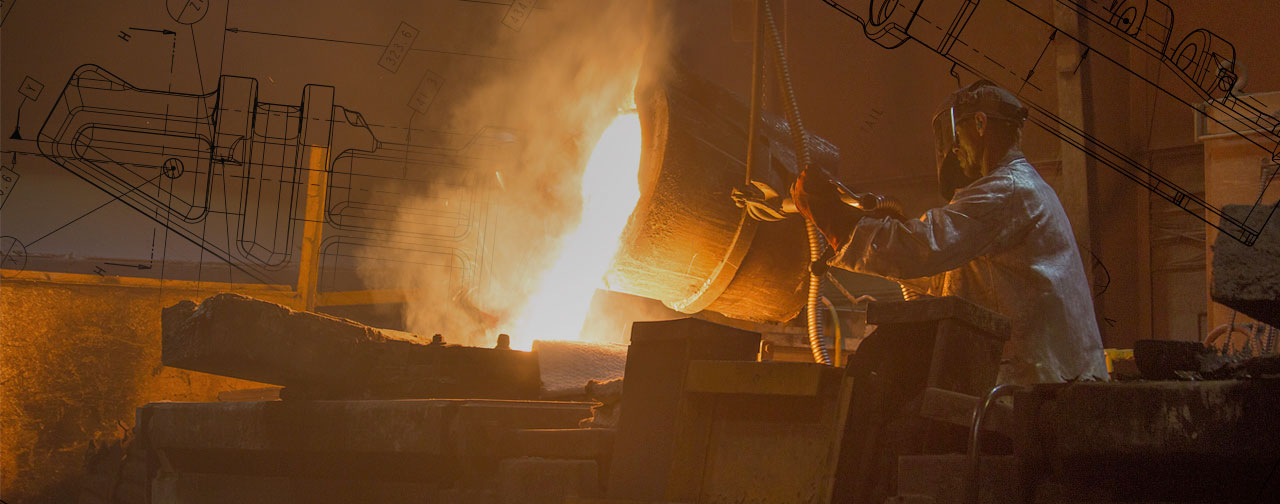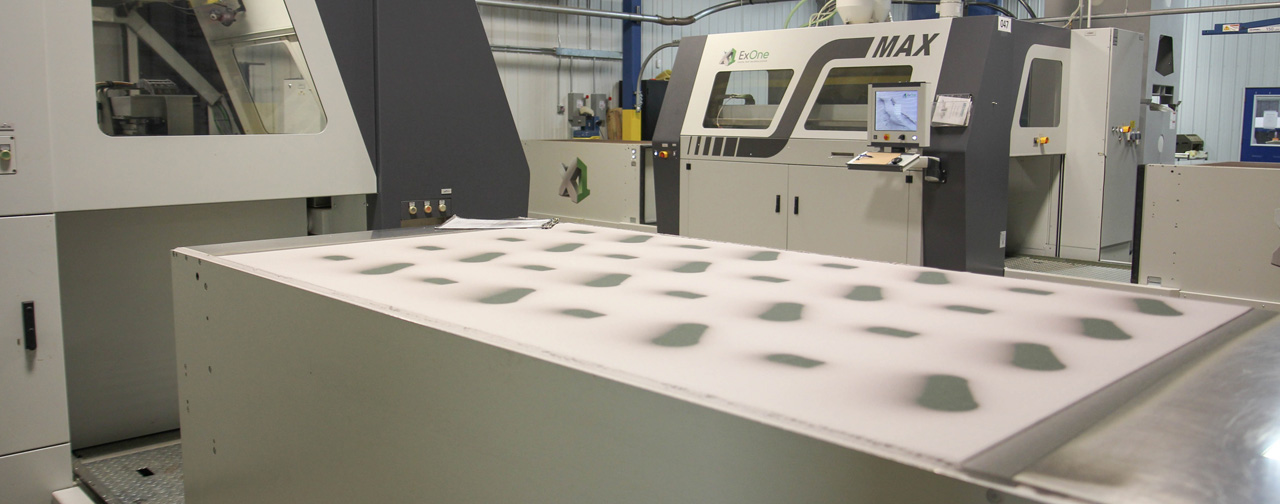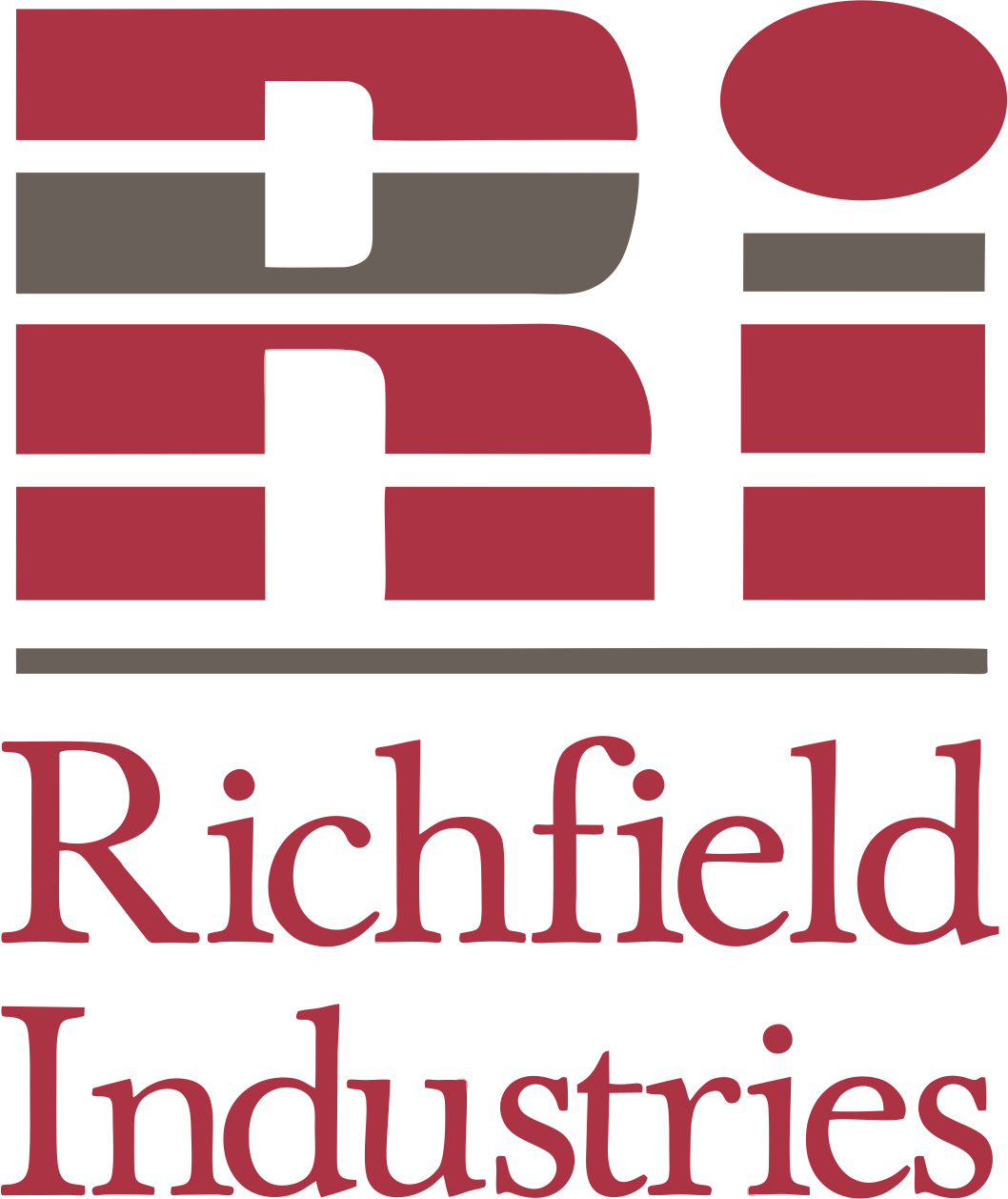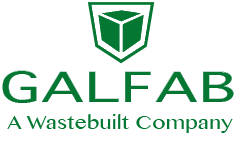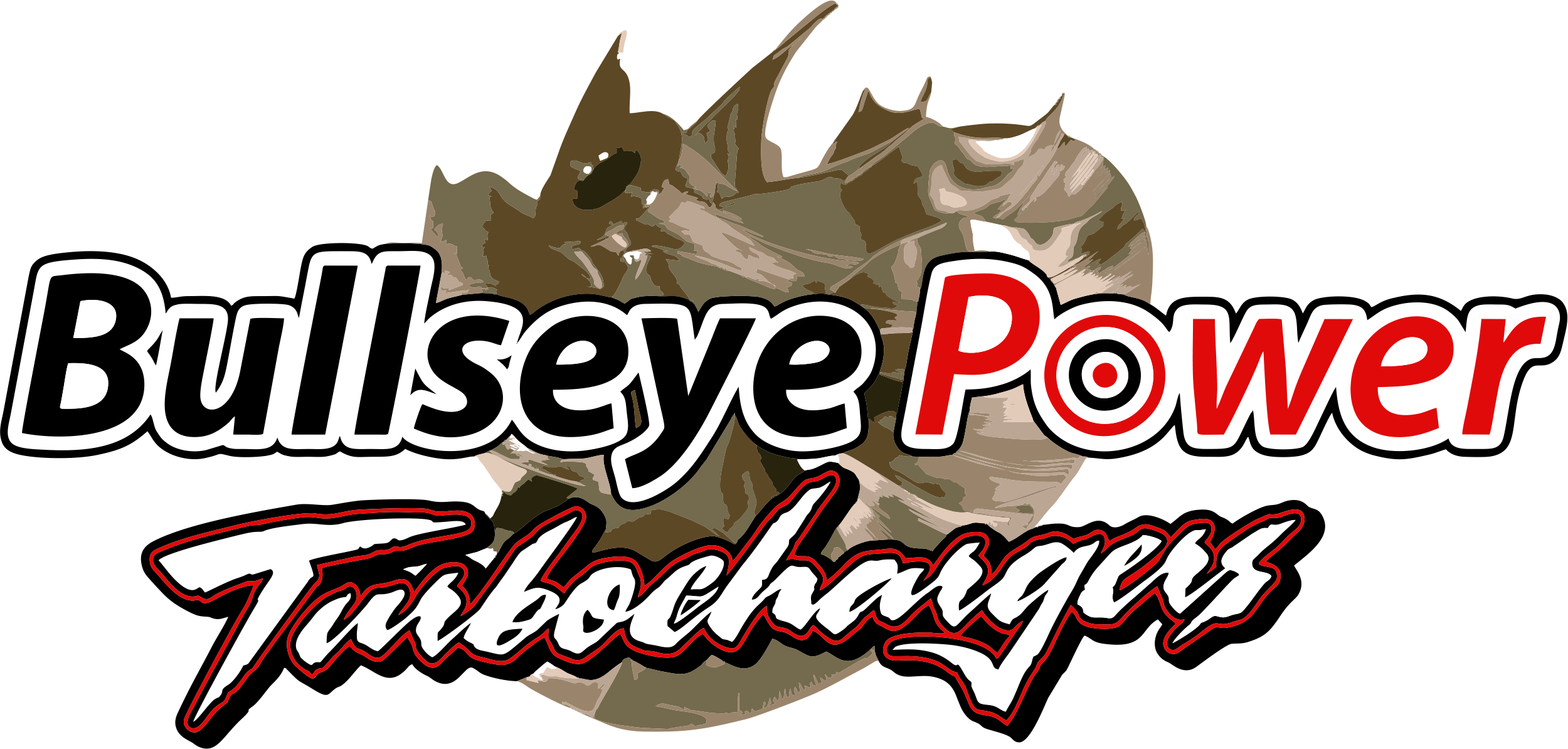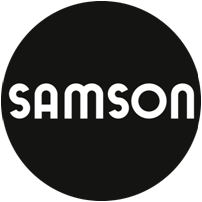High-Quality Steel Castings Made to Order
If you’re looking for custom steel castings, you’re in the right place. Eagle Alloy is a shell-mold foundry pouring many grades of carbon and stainless steels. Compared to other steel casting companies, we offer a broad range of value-add services, including: 3-D solidification simulation software, in-house x-ray, advanced quality and delivery programs and a complete machining facility.
A “customer first” attitude is evident in everything we do. Also unique among steel casting companies, our sales department acts as our production control department. This allows us to consistently ship orders with the shortest lead time in the industry. We provide numerous avenues for customers to offer suggestions and receive feedback from us. Just ask our very first customer established in 1979. They are still with us!
Why Choose Steel Castings?
Steel is a popular alloy for castings, and there are a number of good reasons that it’s so widely used. Steel is a mixture of iron (Fe) and carbon (C), and stainless steel includes other alloying agents like chromium (Cr), nickel (Ni) and manganese (Mn). There are nearly endless combinations of elements that can be mixed together to create different kinds of steel, and each one has its own set of advantages. For example, stainless steel castings are able to resist corrosion. Carbon steel castings offer increased hardness, which can be a major advantage for many applications.
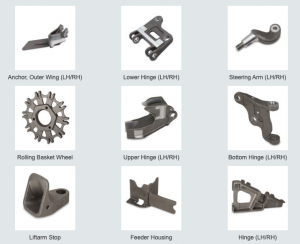 Steel castings are not the right choice for every product, but for many the combination of hardness, fatigue resistance, corrosion resistance and density (weight) make it the ideal material for manufacturing. Not every foundry is capable of casting steel, however. Compared to many metals–aluminum being a prominent example–steel requires a much higher melting point. That not only means that more robust melting systems must be in place to cast steel, it also means that the molds and cores themselves must be able to withstand greater heat. For these reasons, some casting processes cannot be used to produce steel castings.
Steel castings are not the right choice for every product, but for many the combination of hardness, fatigue resistance, corrosion resistance and density (weight) make it the ideal material for manufacturing. Not every foundry is capable of casting steel, however. Compared to many metals–aluminum being a prominent example–steel requires a much higher melting point. That not only means that more robust melting systems must be in place to cast steel, it also means that the molds and cores themselves must be able to withstand greater heat. For these reasons, some casting processes cannot be used to produce steel castings.
Both of Eagle Alloy’s primary processes, shell molding and airset casting, are optimized for steel casting production. Read more about these casting techniques below.
Steel Casting Techniques at Eagle Alloy
Shell Molding
Our customers often refer to us as the best shell mold steel foundry in the nation. The shell mold process offers tolerances as close as +/- .030 per inch with excellent dimensional repeatability ensuring consistency from one order to the next. Shell mold casting is perfect for medium to high quantity production runs.
We make steel castings through shell molding by applying chemically bonded sand to a pre-heated pattern. The heat from the pattern and from a shell molding oven activate bonding chemicals to form a hard sand shell. The shell is then removed from the pattern, leaving a mold cavity. Each sand mold is comprised of two halves and often cores. Cores are necessary for creating hollow characteristics in the final casting. The cores are inserted, the halves are glued together and the steel (or other alloy) is poured into the mold.
Shell molding’s main advantages are a high level of detail in each steel casting, excellent repeatability and the ability to design away machine stock. Compared to other steel casting techniques, shell molding is also known for shorter lead times.
For a better look at how shell molding works for steel castings, please watch our video animation. We also provide a downloadable Shell Molding Process Guide for an in-depth review of each step of the process.
Airset Casting
In addition to shell molding, Eagle Alloy also provides airset casting services. Our airset molding line is used to produce low quantity production runs with medium tolerances of +/- .060 per inch. It is also beneficial for providing quick prototypes before a shell pattern is produced.
Airset casting is also known as no-bake casting because no heat application is required to bond the sand into molds. Even without baking the molds, the airset process is able to produce steel castings with better surface finish and tighter dimensional tolerances compared to other casting methods, like greensand. The secret is in the finer sand that can be used in airset casting, which wouldn’t bond well without the specific chemical additives in place. Steel castings made through the airset process also display excellent consistency from part to part, and surface defects are rare. Manufacturers can often save on machining costs by electing to use airset.
For more information on airset casting check out our blog post, “Getting Started with Airset Casting” or download our airset casting specs and tolerances.
For more information or literature detailing our operations, please e-mail our Chief Sales and Marketing Officer, Jeff Cook. He and the rest of our experienced staff are eager to help you solve your steel casting problems.



